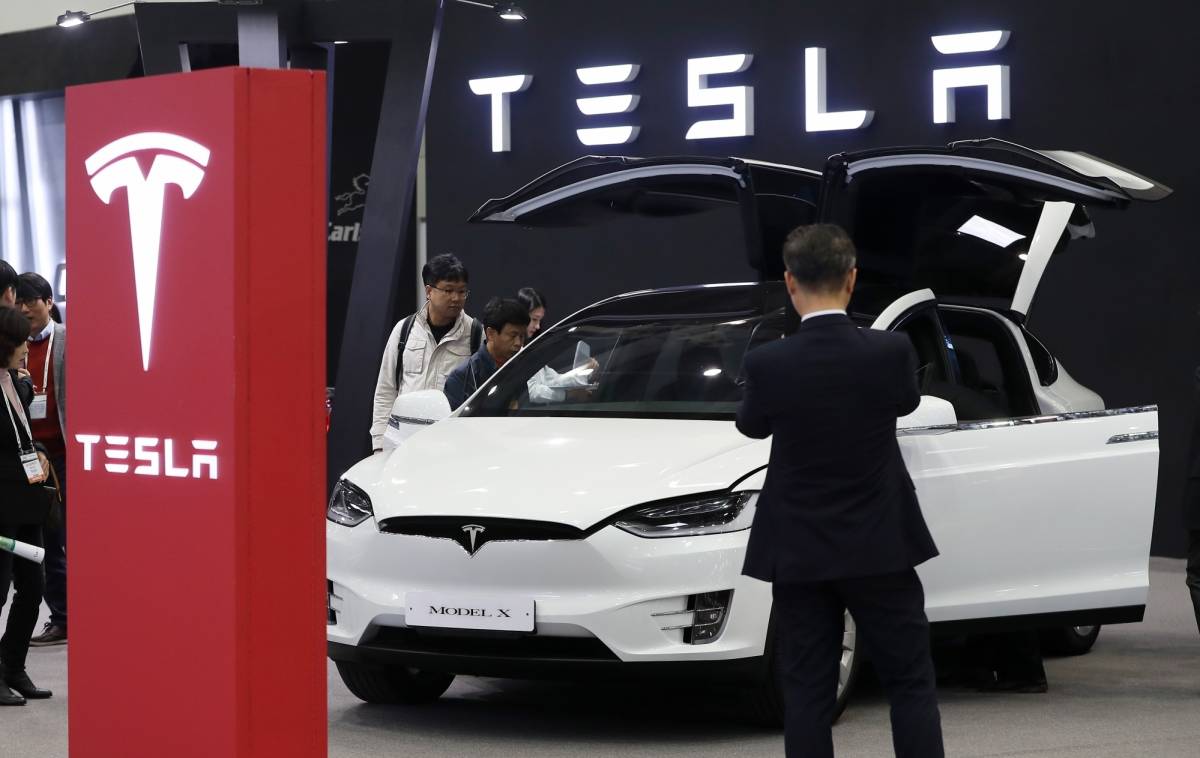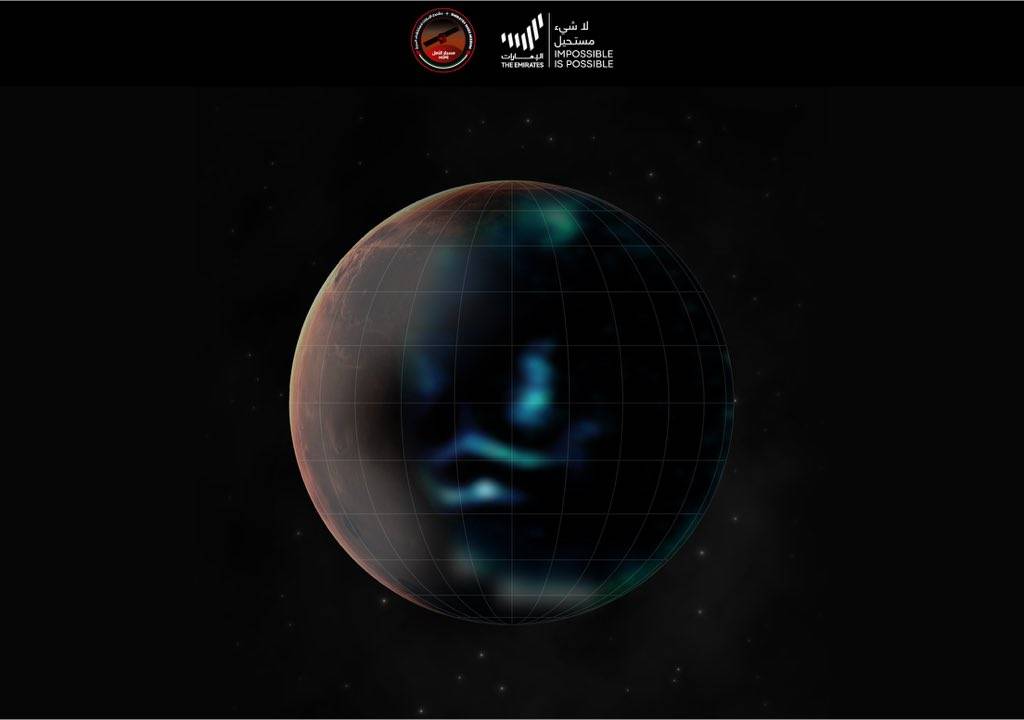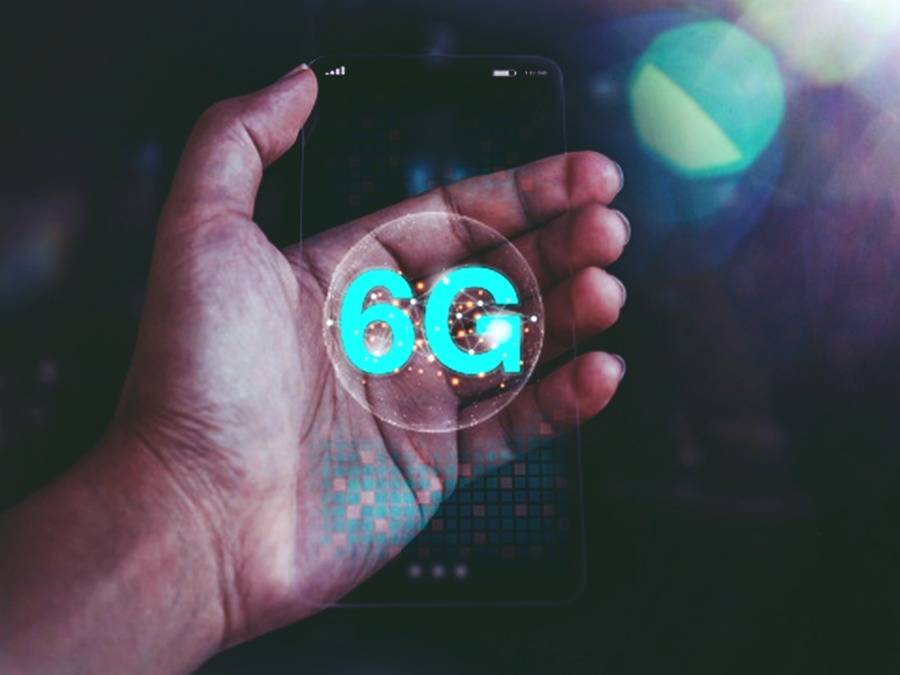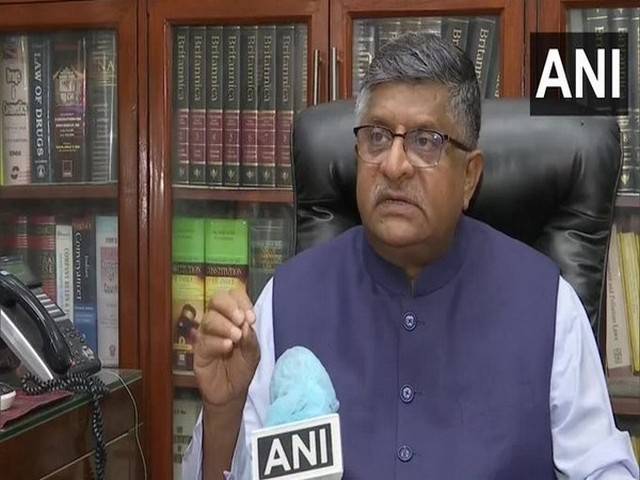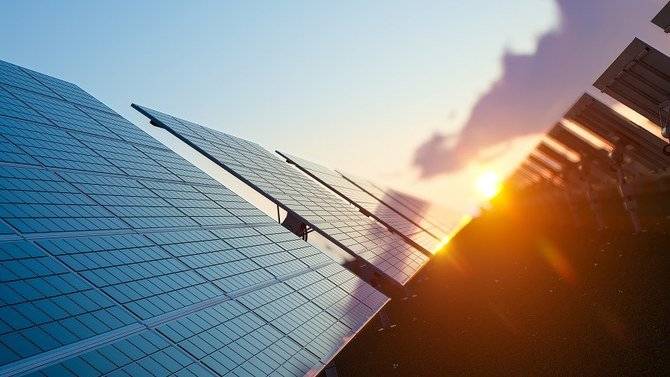Fortnite developer Epic Games has renewed its fight against the app store restrictions, filing a new complaint against Google in its anti-trust lawsuit.
The company last year sued Google over the removal of Fortnite game from Play Store.
The new complaint “adds mostly redacted details about Google’s alleged monopolistic behavior on Android, including banning Epic’s game Fortnite from the Google Play Store last year”, reports The Verge.
Google has denied the claims made by Epic Games.
“While Fortnite remains available on Android, we can no longer make it available on Play because it violates our policies. We will continue to defend ourselves against these meritless claims,” a Google spokesperson was quoted as saying in the report on Thursday.
Epic plans to launch Fortnite on the Samsung Galaxy Store.
“Google was determined not to let this happen,” so it offered Epic a “special deal” to launch on Google Play.
“When Epic rejected the deal, Google allegedly took other anti-competitive action, but the details of that action aren’t available,” the report mentioned, quoting the new complaint.
A new multi-state antitrust lawsuit in the US this month claimed that Google allegedly used anti-competitive practices to “preemptively quash” Samsung’s Galaxy Store in order to prevent it from becoming a viable competitor to its own Play Store.
Epic is also involved in a legal battle with Apple.
Apple’s main trial with Epic finished in May, with both sides now awaiting a decision from Judge Yvonne Gonzalez Rogers on the matter.
The much-reported trial between Apple and Epic Games began on May 5, as the companies got involved in a legal battle over the use of an in-game payment system.
While Epic Games argues about Apple’s monopoly over the app market and treats 30 per cent standard fee amount to anti-competitive behaviour that must be regulated by antitrust law, Apple contends that “the whole antitrust allegation and associated dust-kicking is little more than a PR stunt”.
The Fortnite game was removed from App Store in August last year after the company allegedly violated rules by adding an in-game payment system aimed at depriving Apple of its commission on in-app purchases from App Store.




